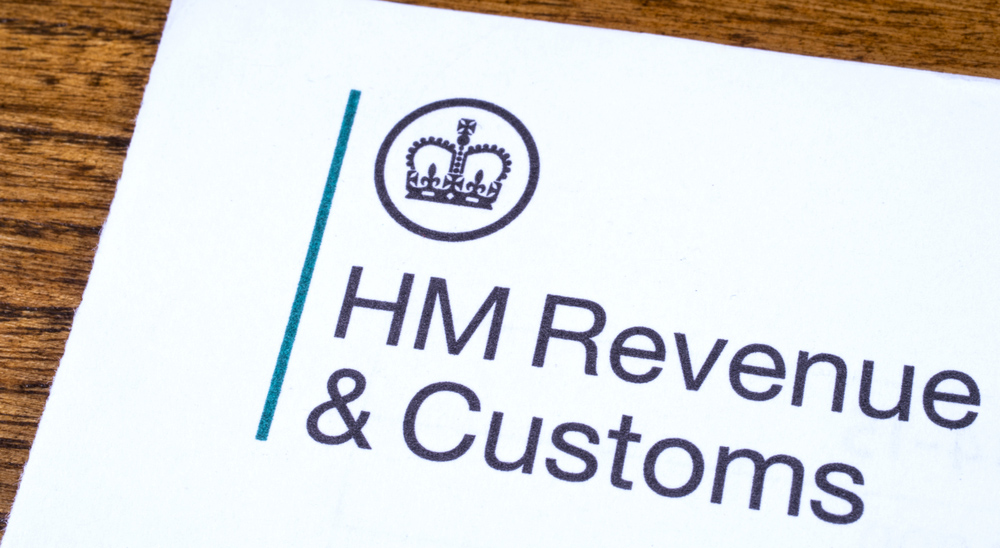ER- deferred shares are ordinary shares in Castledine v HMRC but not necessarily other cases
ER- deferred shares are ordinary shares in Castledine v HMRC but not necessarily other cases
ER- deferred shares are ordinary shares in Castledine v HMRC but not necessarily other cases
Tue 29 Mar 2016
The First Tier Tribunal (FTT) has held that deferred shares carrying no dividend rights and other special conditions but entitled to a share of the company’s assets in a winding-up were ordinary shares for entrepreneurs’ relief (ER) purposes in Castledine v HMRC ([2016] UKFTT 145 (TC)).
The Castledine case involved a company in which there were two classes of shares, described in the memorandum and articles as ordinary and deferred. Mr. Castledine owned more than 5% of the shares categorised as ordinary but did not own 5% of the total share capital of the company when the deferred shares were counted in as well. As a result HMRC refused his claim to ER. The deferred shares had been created for entirely bona fide commercial reasons as part of an operation to rescue the company from financial disaster. The deferred shares participated in possible distributions on liquidation but did not entitle their holders to dividends.
The Taxation of Chargeable Gains Act 1992 (TCGA) s 169S (3) and (5) provides:
“(3) For the purposes of this Chapter “personal company”, in reference to an individual, means a company –
(a) at least 5% of the ordinary share capital of which is held by the individual, and
(b) at least 5% of the voting rights in which are exercisable by the individual by virtue of that holding.
. . .
(5) In this Chapter –
. . .
“ordinary share capital has the same meaning as in the Income Tax Acts (see section 989 of ITA 2007).”
The Income Tax Act 2007 s 989 defines a company’s “ordinary share capital” as all the company’s issued share capital (however described), other than capital the holders of which have a right to a dividend at a fixed rate but have no other right to share in the company’s profits.
So there is effectively only one form of share capital that cannot be described as “ordinary” in this context and the deferred shares clearly did not meet that definition.
Mr. Castledine’s case was that this was unfair and could not have been within the contemplation or intention of Parliament when the relevant legislation was passed and so the FTT could interpret TCGA 169S as importing a different definition of ordinary share capital.
The FTT decided that:
· the legislation was unambiguous and unimpeachable on construction principles; and
· did not produce a result that was flagrantly contrary to the intention of Parliament.
The Judge noted that the definition of ordinary share capital adopted in ITA 2007 s 989 has been in use since 1938 and so cannot be regarded as a simple drafting error of the sort that might have occurred if the legislation was new. He also demonstrated how far he would have had to lean out of line to accept the taxpayer’s arguments. It is hard to see the case having any other result if it is appealed.
Implications of Castledine
This decision confirms the wide definition of a company being an individual’s personal company, based on holdings of ordinary share capital. However, the decision should not be seen as automatically giving comfort to those who have tried to use other forms of deferred shares to give small minority shareholders ER by artificially enhancing their shareholdings to above the magic 5%. In Castledine the company had created a clearly commercial structure for valid commercial reasons. In any case where a company created deferred, or some other category of ordinary shares the taint of artificiality might well be fatal to attempts thereby to justify ER. Specific mention was made of the Hong Kong case of Collector of Stamp Revenue v Arrowtown Assets Limited where an artificial issue of shares in a Stamp Duty ‘swamping’ exercise was ruled ineffective.
In any case where a company issued to a holder of less than 5% of genuine ordinary shares additional shares that met the letter of the statute, in particular if the shares’ right to anything other than dividends alone was based on unrealistic or effectively impossible conditions, such as where they would only participate in capital if the company’s profits exceeded the GNP of the USA, such an arrangement would be likely to be ruled out on Ramsay grounds.


Comments